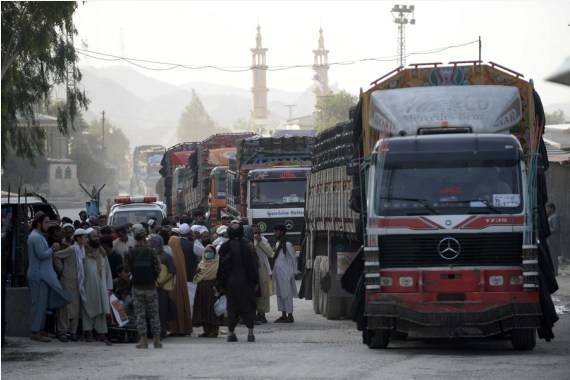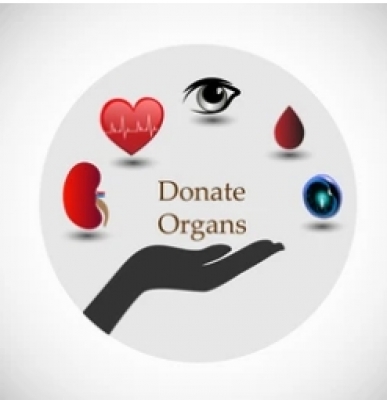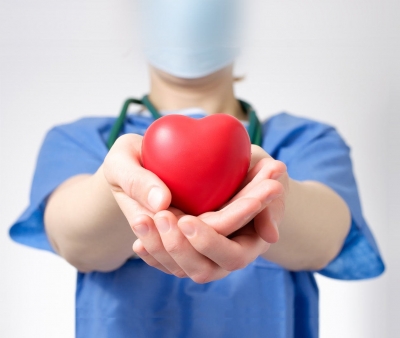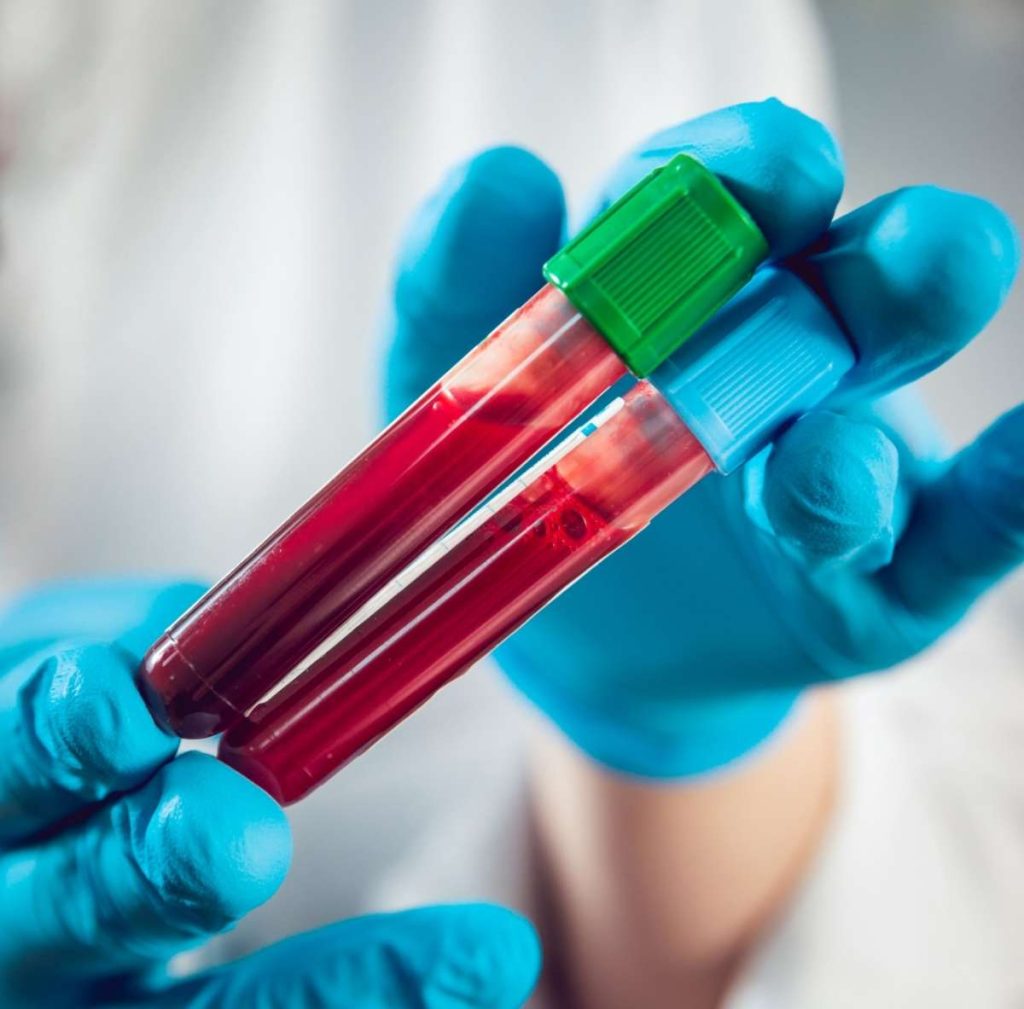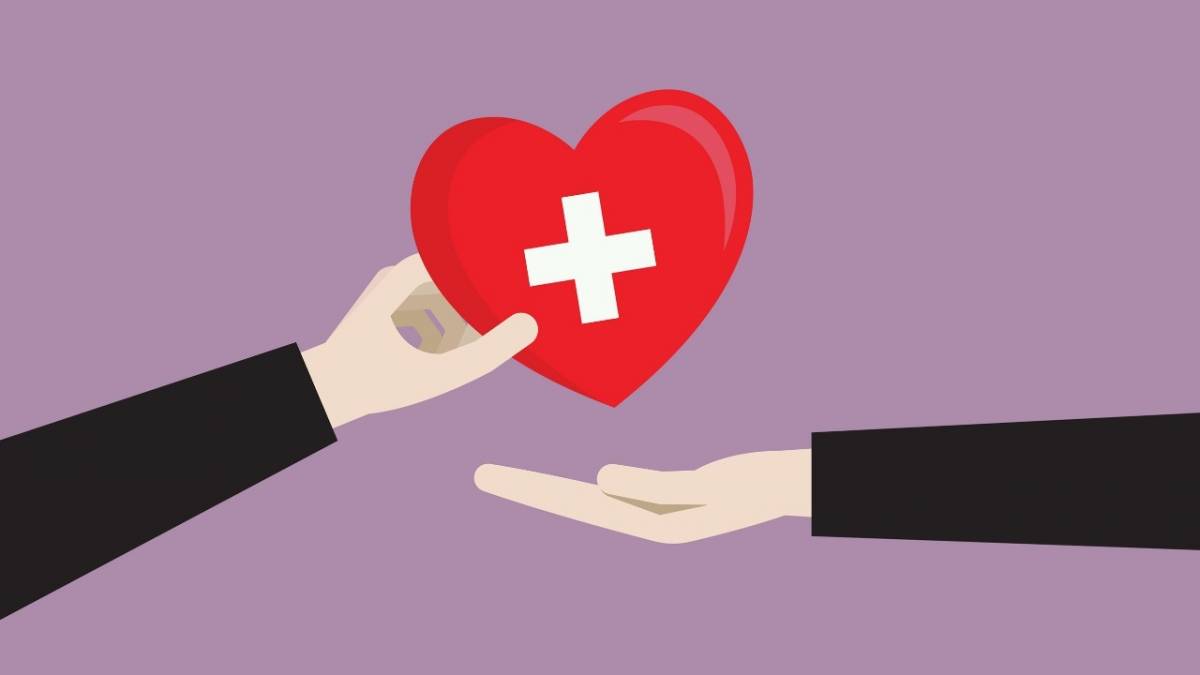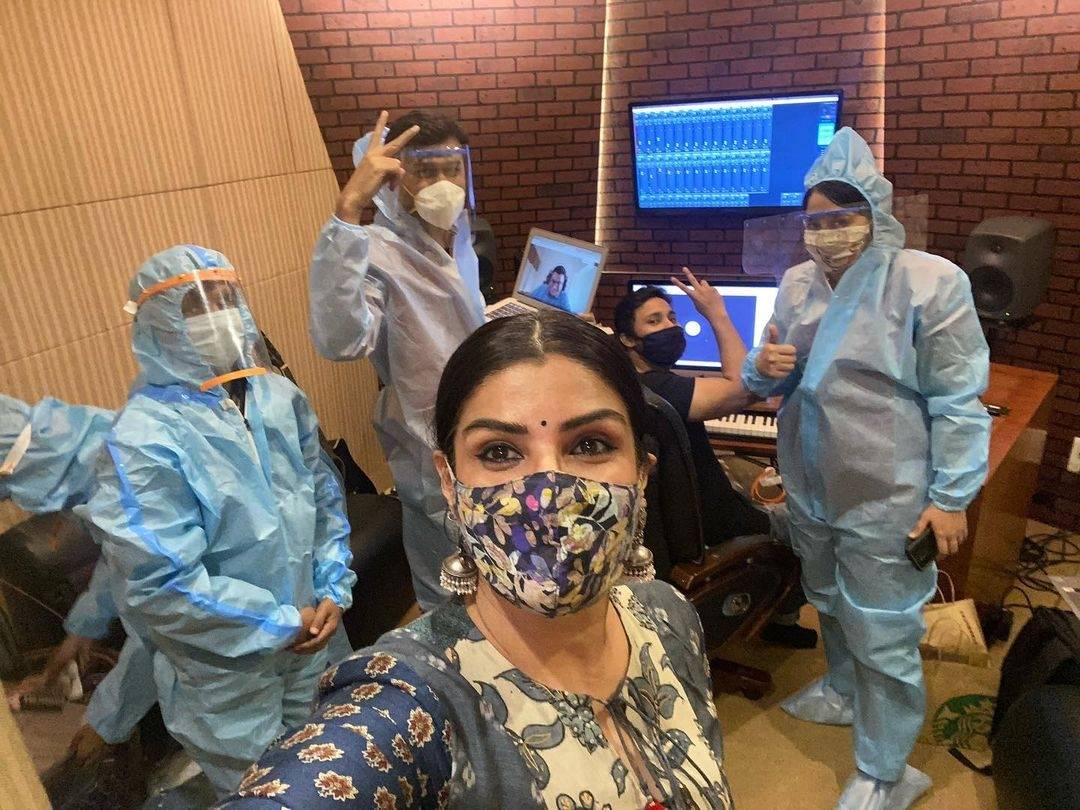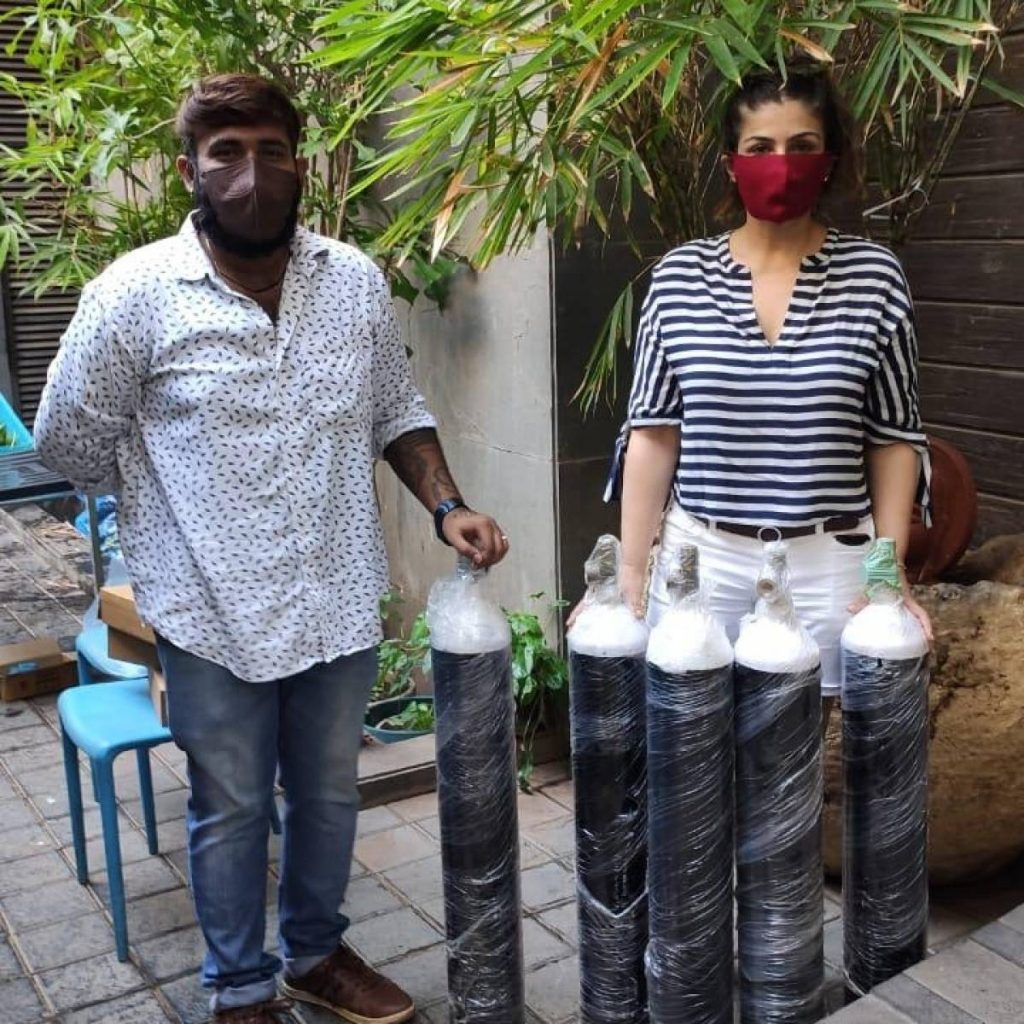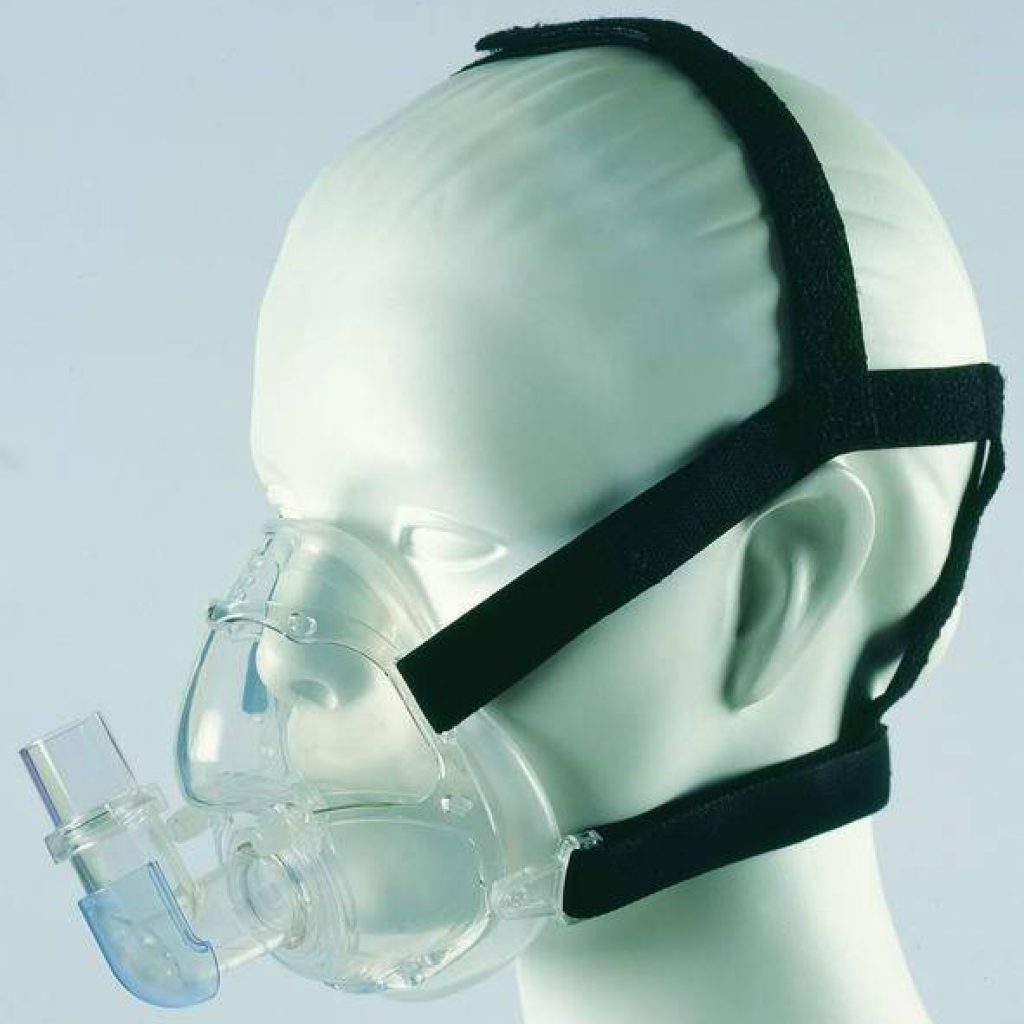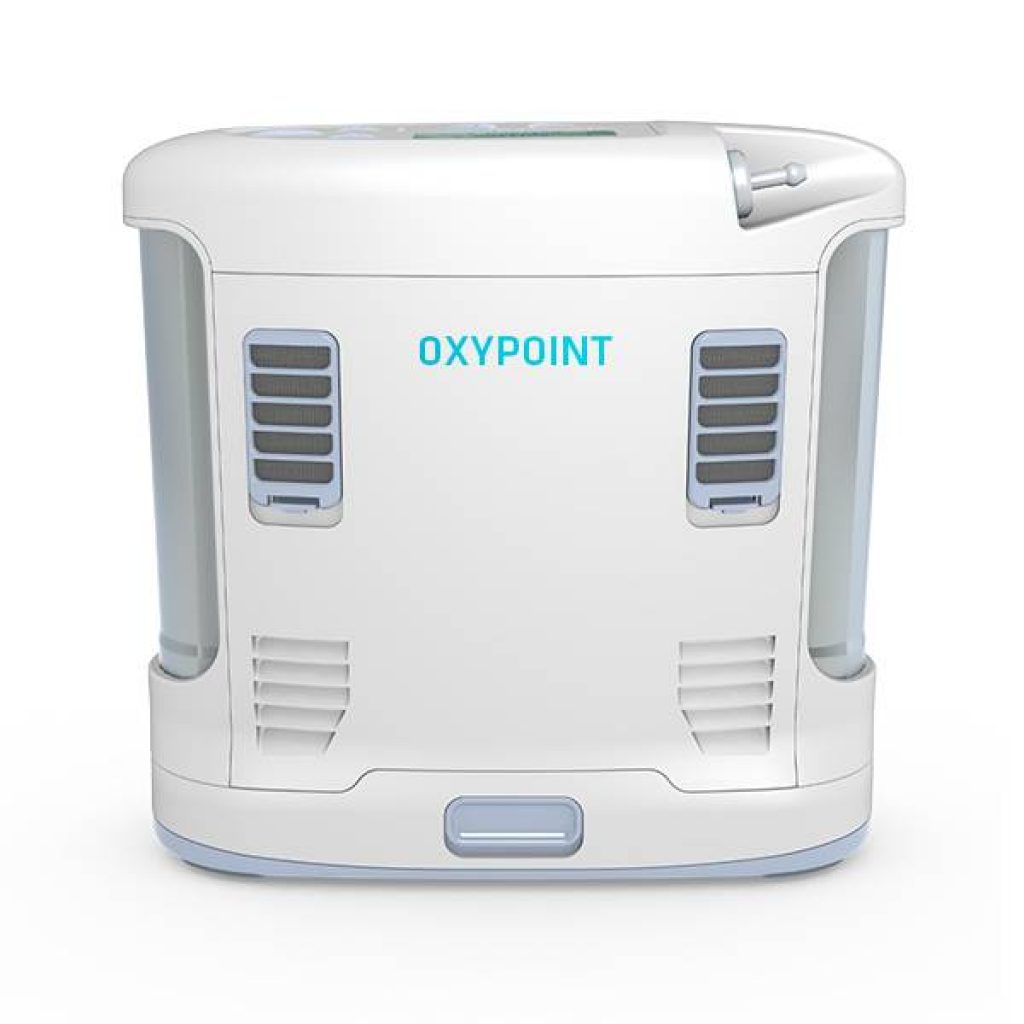India shows its dedication to promoting the stability and prosperity of Afghanistan by widening the channels for aid distribution, as per Khaama Press…reports Asian Lite News
As Afghanistan continues to grapple with the extreme food crises, India has donated 10,000 metric tonnes of wheat to the landlocked country.
The 10,000 metric tonnes of wheat reached the Herat city of Afghanistan on Tuesday, United Nations World for Food Programme (UNWFP) said in a tweet. “Wheat donated by the Government of #India @MEAIndia @dpa_meato @WFP arrived in Herat where it was milled for distribution to hungry families across #Afghanistan. This wheat is part of an in-kind contribution of 10,000 metric tons from India on top of 40,000 tons in 2022,” UN WFP stated in the tweet.
Last month, the Indian government sent another 20,000 metric tons of wheat to Afghanistan amid a humanitarian crisis in the country using Iran’s Chabahar port, Afghanistan-based Khaama Press reported.
Earlier, another wheat assistance delivery of 40,000 tons was carried out through Pakistan’s land border.
India shows its dedication to promoting the stability and prosperity of Afghanistan by widening the channels for aid distribution, as per Khaama Press.
Afghanistan, under the Taliban, is facing its worst humanitarian crisis and the women of the country are denied fundamental rights. According to a World Food Programme assessment, Afghanistan is one of the nations with extreme food insecurity, with nine million people affected by severe economic difficulties and hunger.
Since the Taliban seized power in August 2021, the law and order situation in the country has only deteriorated, with the rise in cases of terrorism and blasts.
The group banned women from going to schools, and later in December last year, they banned women from going to universities and working with aid agencies.
Meanwhile, in his address at the summit of the Shanghai Cooperation Organisation (SCO) which was held in a virtual format on Tuesday, Prime Minister Narendra Modi said that Afghan soil should not be allowed to be used to destabilise its neighbourhood.
Speaking at the SCO heads of the summit meeting, PM Modi said that humanitarian assistance and setting up an elected government in Kabul are major priorities of the SCO. “The situation in Afghanistan has directly affected the security of the region. India’s concerns and aspirations for Afghanistan are at par with other SCO countries. We will have to collectively work for the welfare of the Afghan people. Humanitarian assistance to Afghan citizens, forming an elected and inclusive government, fighting against drug trafficking and terrorism, and ensuring the rights of women, children and minorities- these all are our shared priorities,” he said.
Referring to age-old ties that India and Afghanistan share, PM Modi added, “Over the last two decades, India has contributed to the economic and social development of Afghanistan. We have continued to send assistance even after the 2021 episode. It is important that the Afghan soil should not be used to spread instability in neighbouring countries or to encourage extremist ideologies.” (ANI)
ALSO READ-Wheat shortage hits Pakistan in unprecedented levels

